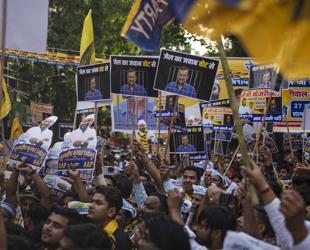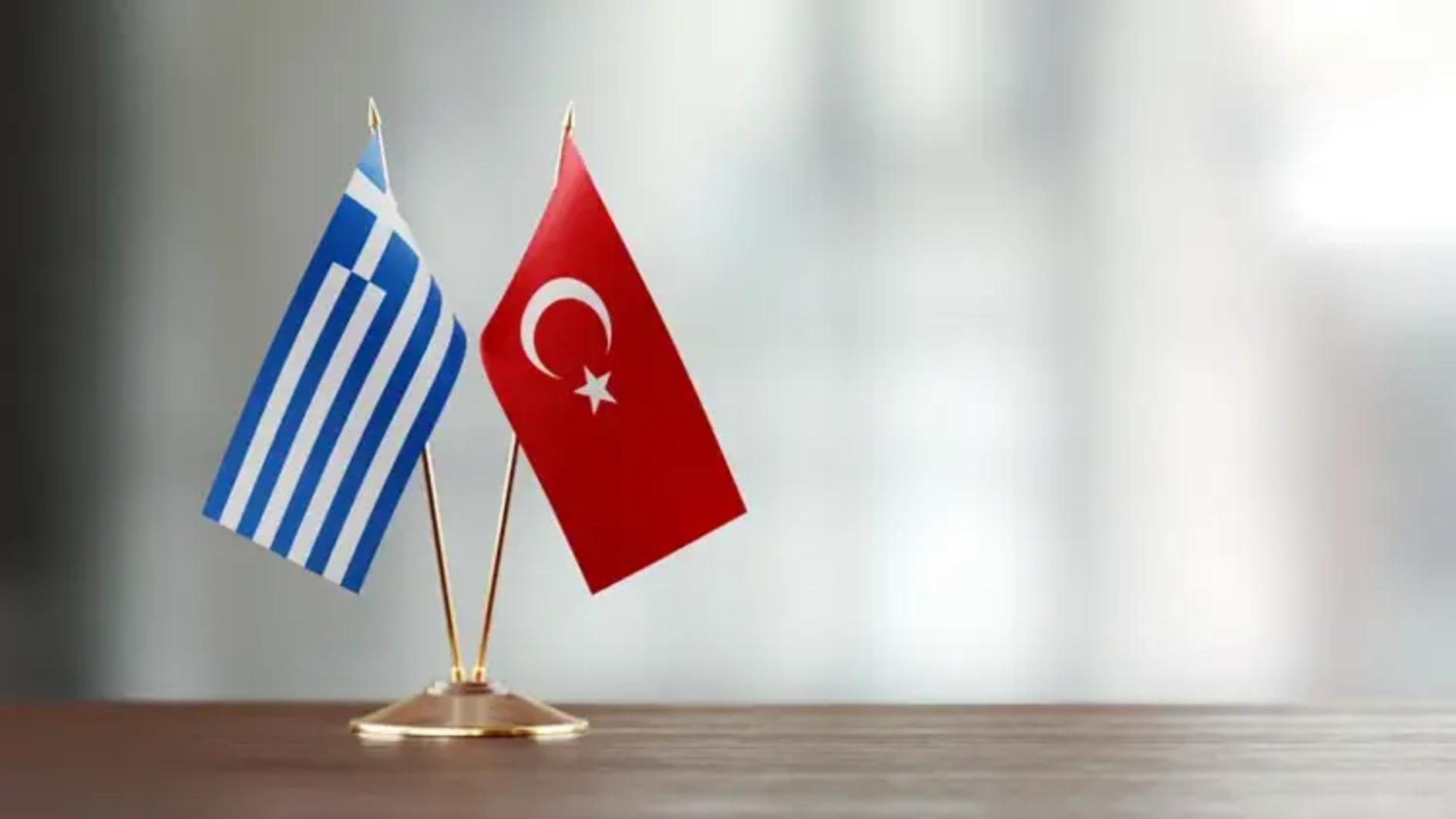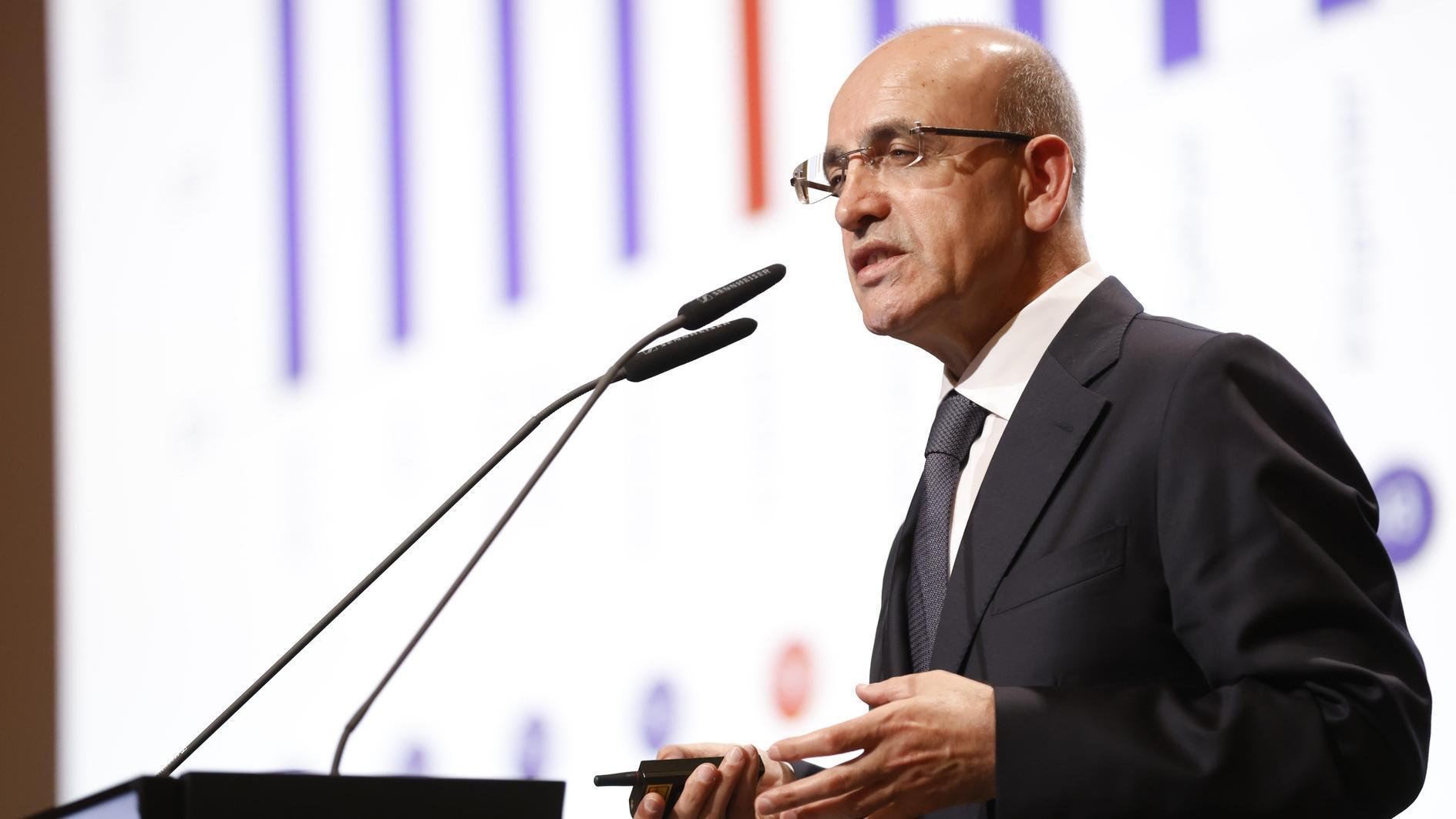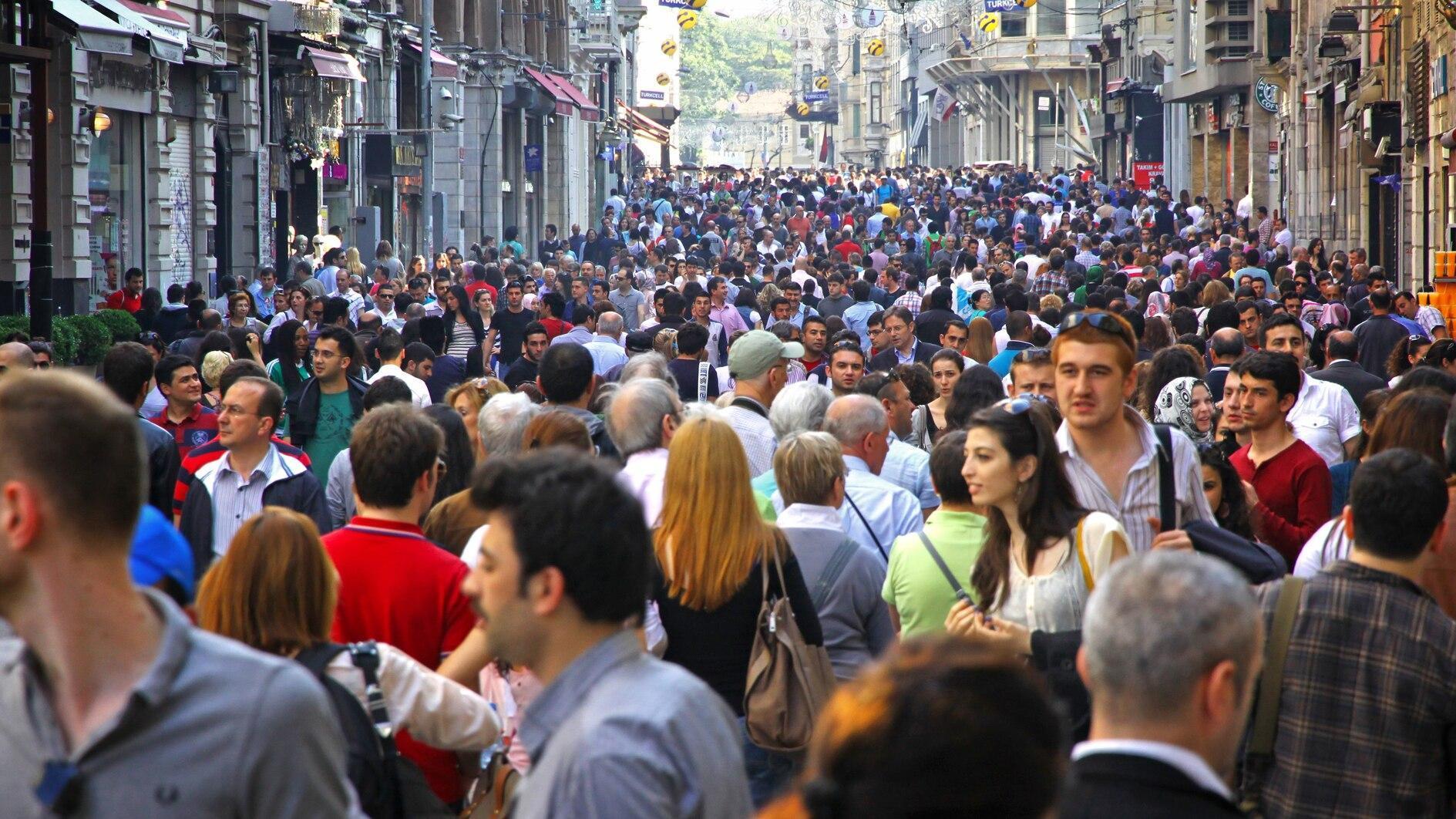Democratic resilience biggest challenge for Turkey’s Erdoğan
Turkish President Recep Tayyip Erdoğan defined the outlawed Kurdistan Workers’ Party (PKK) as the number one threat to Turkey. The Islamic State of Iraq and the Levant (ISIL) is also a threat but it comes after the PKK, according to Erdoğan, who talked to CNN international the other day.
The biggest threat is the most imminent, the closest threat. As the PKK has stepped up its ferocious campaign of violence, this ranking should not come as a surprise.
I doubt however whether the Turkish nation would all agree to put the blame entirely on the PKK for the latest cycle of violence. I am not sure people are clear on how and why Turkey has been hit with this sudden wave of violence right after the June 7 election. Probably many are asking the same question voiced by Lieutenant Colonel Mehmet Alkan, the elder brother of slain soldier Ali Alkan, “Those who were saying ‘solution’ yesterday, why do they now say ‘war to the end?’”
Obviously no one expects the Turkish government to sit on its hands while the PKK keeps attacking each and every day. Still, many question whether the government’s current stance is the right one, for the short-, mid- and long-term well-being of the Turkish nation. The number of those who believe the government wants to capitalize on the situation and garner the conservative votes it lost during the June 7 election is quite high.
For instance, very few are convinced the Justice and Development Party (AKP) did its best to form a coalition. It is evident to all the AKP and actually mainly Erdoğan wanted to push for another election in order to succeed in garnering enough votes to form a single-party government.
So are we totally irrational for thinking AKP pundits are thinking the fear of an increased terror campaign will lead the electorate to vote for the AKP so it can form a single-party government and supposedly bring back stability? Will voters be lured by this promise?
Actually, this calculation might even backfire, as some will question why the government turned a blind eye to the PKK’s efforts to maintain its “military” preparedness in case of a resumption of armed conflict.
The election results will tell us whether the AKP’s calculations to get the necessary additional 18 parliamentarians will work out or not.
What is clear is this: What President Erdoğan and the AKP should fear is neither the threat of the PKK nor ISIL or the deterioration of the economy. What they should fear is the democratic resilience of the Turkish society.
If the outcome of the Nov.1 election is not much different than the June 7 election, that would mean the Turkish nation does not want either one-man rule, nor a single-party government; that instead of seeing the centralization of all powers in one hand, it wants a coalition; that instead of unchecked authority, it wants to see checks and balances in function.
The AKP will spend every effort to turn the outcome of the election in its favor. If the Turkish society, with its opposition parties, electoral institutions, media and NGO’s spends every effort to secure that at least on Nov. 1, there are free and fair elections, indeed Erdoğan will have a lot to fear from the democratic resilience of the Turkish nation.











